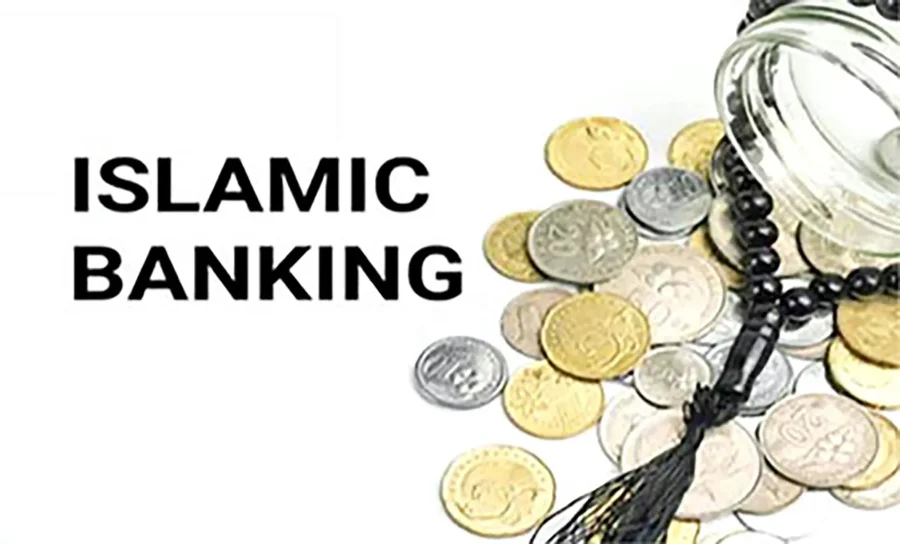The development of Islamic banking in the Philippines aims to benefit all Filipinos, the central bank said, as it works on awareness programs to broaden access to financial services in accordance with Islamic law.
The Bangko Sentral ng Pilipinas has stepped up its promotion of Islamic finance in the country following a decision in August by the nation’s monetary board to approve the first Islamic banking unit license for a traditional bank.
The decision expanded the possibilities for foreign and private banks looking to tap into the market. Earlier, it was limited to the state-owned Al-Amanah Islamic Investment Bank of the Philippines.
“The BSP has made significant strides in promoting the development of Islamic banking and finance in the country,” Arifa A. Ala, the central bank’s assistant governor, told Arab News this week.
“The promotion and development of Islamic banking and finance will equally benefit all Filipinos, including overseas Filipino workers. This is seen to attract foreign investors inclined to operate in the Philippines under the Islamic finance business model, expand the payment gateways and remittance channels of OFWs, and increase availability of other financial services.” Around half of 1.8 million overseas Filipinos live and work in the Muslim-majority countries of the Gulf Cooperation Council, especially Saudi Arabia, where Islamic banks have a major asset share.
“Through the BSP’s financial literacy and consumer awareness programs, overseas Filipinos can learn more about Islamic banking and finance,” Ala said.
“This could lead to greater consumer participation, and realization of the full potential of Islamic banking and finance in fostering economic growth and inclusive financial system.”
Ala, who is a lead advocate on Islamic banking and finance, and chairs the Islamic Finance Coordination Forum, believes the expansion of the Islamic banking and finance industry will also benefit many Muslim Filipinos who have been financially excluded.
About 6 percent of the 110 million predominantly Catholic population of the Philippines are Muslims. Most live in the impoverished Bangsamoro Autonomous Region in Muslim Mindanao in the country’s south, which has the lowest financial inclusion rate.
“As of end March 2023, BSP data shows that out of the 479 total unbanked cities and municipalities in the Philippines, 217 are located in Mindanao, of which 110 are in the BARMM, where most Muslim Filipinos reside,” Ala said.
“The entry of new Islamic banking players can provide Filipinos with access to various Islamic banking products and services that can serve their diverse financial requirements. Unbanked Muslim Filipinos can be onboarded into the financial system, while non-Muslim Filipinos can expand their financial transactions and investment options.”
With the current enabling regulatory environment, the central bank believes the Philippines is ready for the entry of new Islamic banking and finance investors.
To promote the Philippine market, the Bangko Sentral ng Pilipinas assistant governor held a briefing for potential Saudi and Filipino backers in Riyadh in mid-August to highlight opportunities in the Philippines.
“Investors from Muslim countries, which are increasingly seeking to invest in products that are in line with their religious beliefs, may invest in the Philippine sovereign sukuk to diversify their investments and manage their liquidity,” Ala said. “The country is more than ready to accept new Islamic banking and finance players to cater to a large untapped consumer market and a growing economy that has substantial demand for financing.”—AN










